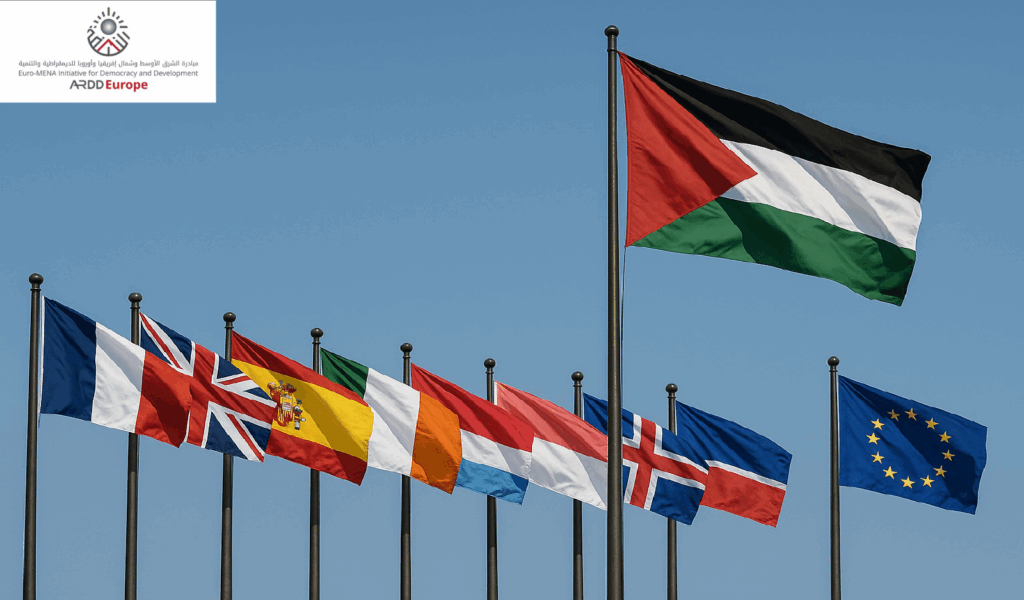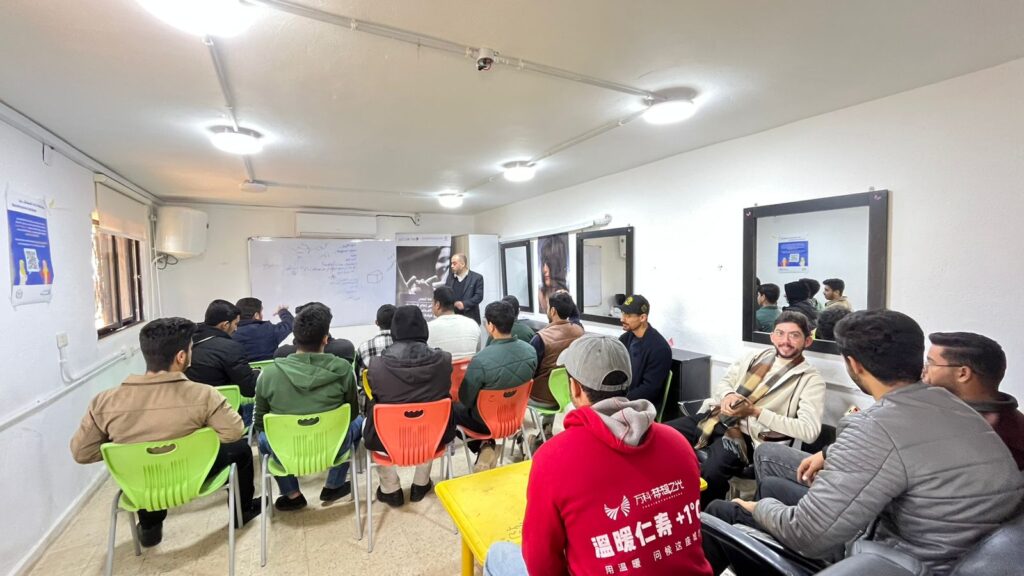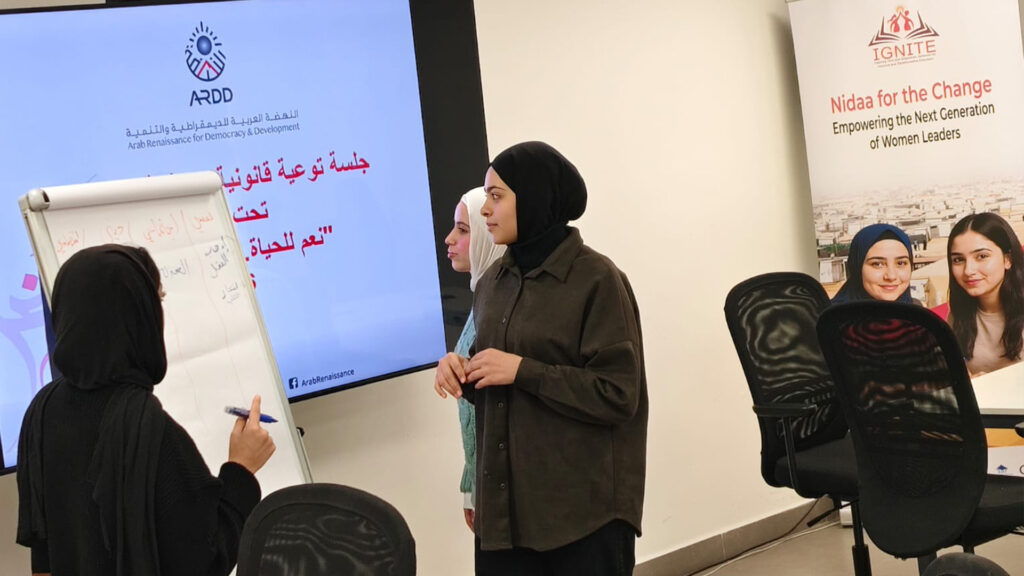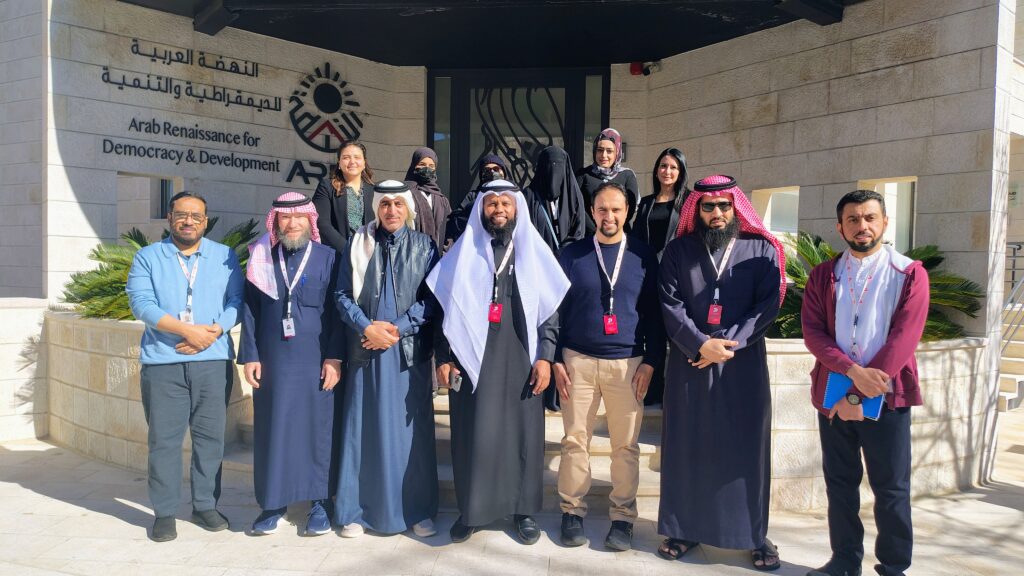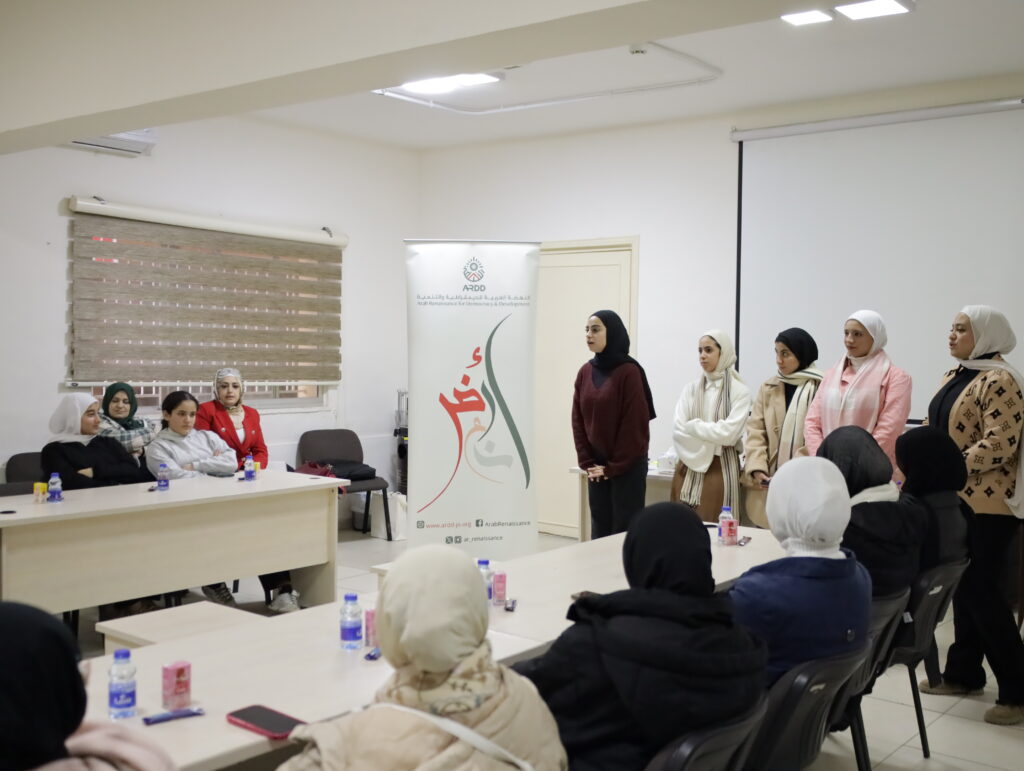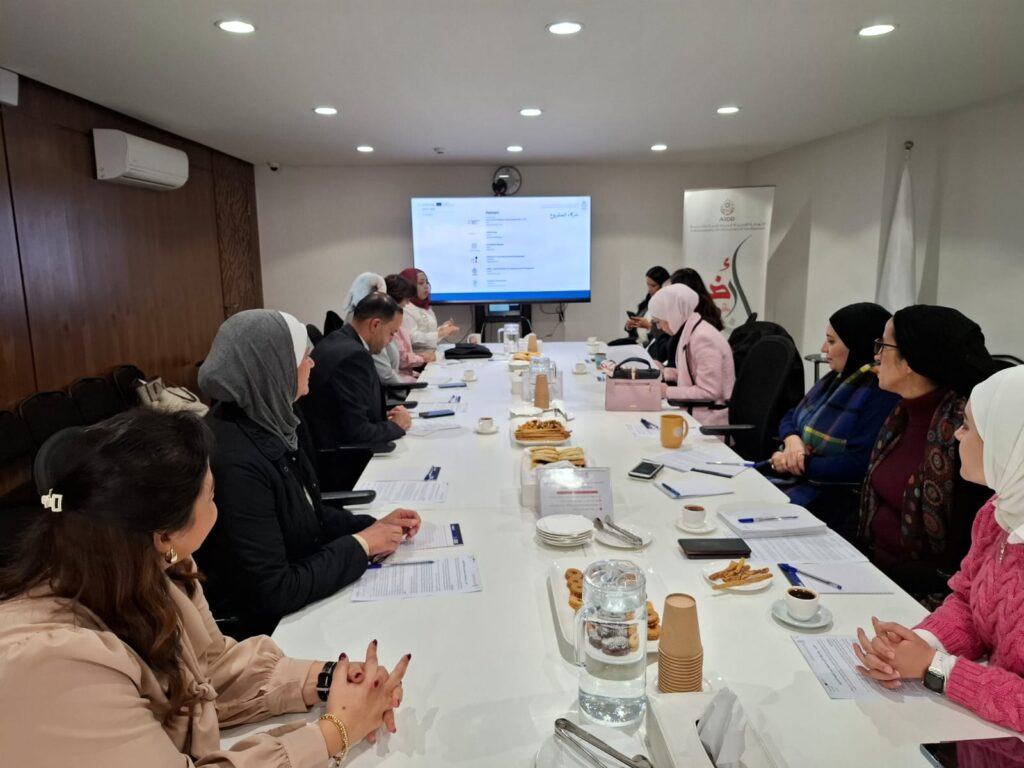Recognition risks becoming a distraction if not acted upon. Symbolism cannot replace real measures, because a State on paper is meaningless while its people are being destroyed and its territory continually annexed.
The Euro-MENA Initiative (ARDD Europe) warmly welcomes the growing number of European states that have taken the historic step of recognizing the State of Palestine. France, Belgium, Luxembourg, Malta, Andorra, Monaco, and Portugal have now joined Sweden, Ireland, Spain, Norway, and Slovenia in affirming Palestine’s statehood, alongside the United Kingdom, Canada, and Australia. With these recognitions, Europe is no longer a bystander: it is becoming a decisive arena in the struggle to translate recognition into justice, accountability, and self-determination for the Palestinian people
In welcoming these steps, ARDD Europe also affirms that recognition must be a policy, not a posture: it carries concrete third-state obligations and must be paired with steps that protect civilians, end unlawful practices, contribute to justice and accountability, and uphold international law more generally.
Yet here lies the central tension: Europe is moving, but the European Union as a whole is not. While a growing number of states recognize Palestine, others, including Germany, Italy, the Netherlands, and Hungary, continue to hold back, leaving the Union divided at a decisive moment. This hesitation reflects a broader pattern: the EU as an institution has too often been reactive rather than principled, responding to the genocidal assault on Gaza and the relentless expansion of settlements in the West Bank with late condemnations and short-term humanitarian appeals.
Since October 2023, Gaza has been subjected to ethnic cleansing and destruction on a catastrophic scale. The ICJ’s provisional measures in South Africa v. Israel (26 January, 28 March, 24 May 2024) confirmed a plausible risk of genocide and imposed binding obligations on all states. The International Criminal Court’s arrest warrants (November 2024) reinforced the principle that accountability cannot be deferred. European publics, courts, and parliaments have pressed their governments to act. However, like recognition now, these steps will be meaningful only if they are elevated to the EU level, transforming isolated actions into a coherent European policy of justice and accountability.
On settlements, despite clear legal rulings by the World’s highest court, the EU has delayed decisive measures. It has failed to adopt a coordinated arms embargo, to enforce a ban on settlement goods and investments, and to give full effect to the ICJ’s advisory opinion of 19 July 2024 and the acceptance thereof by the vast majority of the UN General Assembly in September 2024, which obliges states not to recognize or assist Israel’s unlawful annexation of Palestinian territory and its various other international wrongful acts. The EU has yet to ban settlement trade, suspend the EU–Israel Association Agreement, or halt arms and technology transfers that entrench annexation. This gap between recognition and responsibility undermines Europe’s credibility and weakens the force of its words.
For Europe, and the European Union, recognition of Palestine at this moment of the worst genocide of the 21st century is a test of whether states are willing to act in defense of the principles they proclaim: the universality of human rights, the rule of law, and the rejection of impunity. If matched by policy, embargoes, sanctions, and other accountability measures, and genuine support for Palestinian governance, Europe can help shift the balance toward justice. If not, Europe’s role on the world stage made fade into oblivion.
The Euro-MENA Initiative for Democracy and Development represents a forward-thinking strategic framework aimed at deepening understanding and fostering cooperation between Europe and the Middle East and North Africa (MENA). It addresses pressing regional and global challenges in the context of rapid societal and geopolitical transformations. Established in 2024 in Brussels, Belgium, by the Arab Renaissance for Democracy and Development (ARDD), the initiative aspires to build strategic partnerships that drive stability, prosperity, and sustainable development across these interconnected regions.

